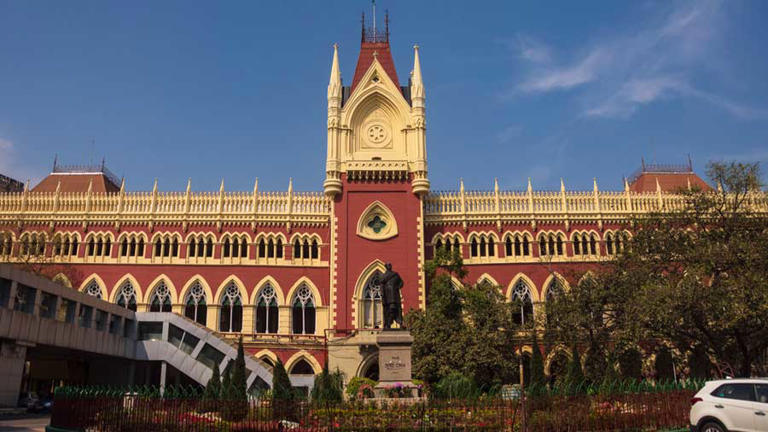Advocate Demands Statewide Shutdown of Vacant Student Union Spaces
In a disturbing development from Kolkata, West Bengal, a Public Interest Litigation (PIL) has been filed in connection with the alleged gangrape incident that reportedly occurred in the student union room of South Calcutta Law College. The PIL, filed by Advocate Sayan Banerjee, has drawn attention to larger structural lapses in college administration and campus security across the state.
During the hearing, Banerjee informed the court that the incident occurred in a room that was supposed to be non-functional, as the student union at the college has been officially defunct for some time. He highlighted that student union fees are still being collected from students despite the dissolution of formal union bodies. More alarmingly, according to the victim’s complaint, the space labeled as the student union room—now informally controlled by alumni or senior students—was the site of the criminal act.
#WATCH | Kolkata, West Bengal: On a public interest litigation (PIL) petition related to the alleged gangrape incident that happened in South Calcutta Law College, Petitioner Advocate Sayan Banerjee says, "We have identified certain irregularities carried out by the state of West… pic.twitter.com/mQW69Ok9gb
— ANI (@ANI) July 3, 2025
Banerjee’s petition argues that the lack of active oversight over these “vacant but operational” student union spaces has turned them into unauthorized zones, raising major concerns over campus safety, mismanagement, and possible complicity by the institution in ignoring administrative lapses.
How Empty Union Rooms Became Crime Hotspots
One of the key revelations in the PIL is the absence of officially recognized student unions in several West Bengal colleges. According to Banerjee, the state government’s own affidavit previously submitted to the court confirmed that no active student council or union exists in many institutions, including South Calcutta Law College.
However, annexures attached to the PIL show that student union fees continue to be collected, and that certain individuals—either current students or alumni—continue to use the defunct union spaces for informal or unauthorized activities. This contradiction has triggered questions about where these funds are going, and who holds unofficial control over student union infrastructure.
Banerjee stated, “The court must recognize this grave mismatch. These student union rooms should not exist in functional capacity when the union itself does not.” The petitioner demanded the immediate sealing of all student union rooms across West Bengal, citing potential for further abuse or misuse.
Court Ordered Closure Until Legitimate Student Bodies Form
The PIL goes beyond the South Calcutta Law College incident. It calls on the Calcutta High Court to issue a blanket directive mandating the closure of all student union rooms across government and government-aided colleges in the state, until a proper monitoring mechanism or reconstitution of legitimate student bodies is put in place.
Banerjee emphasized that without official elections, guidelines, or recognized leadership, these spaces become lawless zones, open to exploitation, as highlighted by the tragic incident in question. “The court should take immediate cognizance and ensure no such rooms remain operational until student bodies are democratically elected and regulated.”
As the case unfolds, this PIL could have state-wide implications, reshaping how student spaces are governed and bringing long-overdue scrutiny to campus security and accountability in higher education institutions across West Bengal.





















